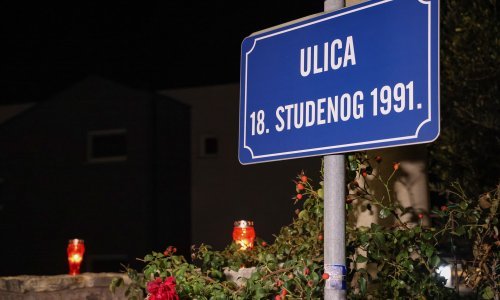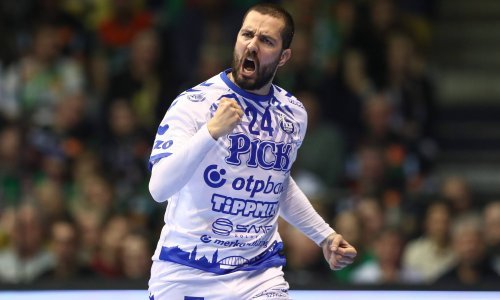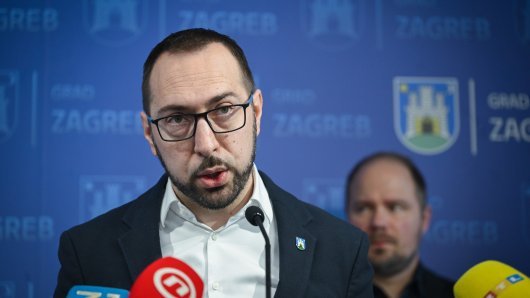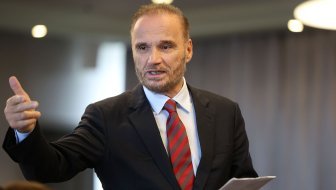Serbian war crimes prosecutor Vladimir Vukcevic said on Friday that proceedings were underway against 13 persons suspected of having helped war crimes indictees, wanted by the UN tribunal ICTY, to be on the run for years.
Vukcevic told a news briefing in Belgrade that six persons were currently charged with helping the Bosnian Serb military leader Ratko Mladic to be hidden in Serbia for years. One of those suspects is a retired army general of the Serbian Army, and others are Mladic's in-laws.
Mladic, charged with genocide ant other atrocities his units committed in Srebrenica in the siege of Sarajevo and in other places throughout Bosnia and Herzegovina from 1992 to 1995, was arrested in the Serbian village of Lazarevo in late May 2011.
Mladic, indicted by the International Criminal Tribunal for the Former Yugoslavia (ICTY) for genocide, crimes against humanity, and numerous war crimes in 1995, went into hiding after the arrest of Serbian strongman Slobodan Milosevic in 2001, after having lived freely in Serbia.
According to Vukcevic, in the first phase of his evasion of justice, Mladic found refuge in military barracks and facilities of Serbia's Armed Forces until April 2002, with the approval of the then army chief-of-staff, General Nebojsa Pavkovic who was convicted in 2009 by the Hague-based ICTY for committing crimes against humanity and war crimes in the Kosovo War.
Since 2006 until his arrest, Mladic was helped by his in-laws and lived in a small town near Belgrade.
Vukcevic also said that a former Bosnian Serb police official Stojan Zupljanin, charged with genocide, crimes against humanity, violations of the laws and customs of war, who was on the run until his arrest in the Serbian town of Pancevo in 2008, had the best organised network of helpers, which seems to have included the Serbian intelligence services' officials.
Seven persons are charged with helping Zupljanin in hiding.
Vukcevic said that Radovan Karadzic, the political Bosnian Serb wartime leader who was arrested in Belgrade in 2008, enjoyed the support of his family while being on the run and those family members could not be prosecuted for that crime.
According to the prosecutor, Goran Hadzic, a Croatian Serb rebel leader, who was also on the run for years and who was arrested in Serbia in July 2011, obtained information that the tribunal issued an indictment against him on the same day of the issuance of the indictment.
Vukcevic said that the information was leaked from a close and well known associate of the then ICTY Chief Prosecutor Carla Del Ponte who informed "a respectable Belgrade lawyer" that Hadzic was indicted.
"He (the lawyer) called Hadzic and met him in the Metropol restaurant to offer him his service before the Hague tribunal," Vukcevic said adding that the indictee had left the house he used to live on the same day when he was provided with that information.
The Serbian prosecutor said that Belgrade had already informed the Hague tribunal about that case of foreign citizen and added that he could not reveal the names of abettors and the place where the fugitives used to hide as long as the investigations were going on.
The ICTY's current chief prosecutor Serge Brammertz insists that it is very important also to establish who helped those fugitives from ICTY to be on the run for years, adding that this, however, is not within the remit of the UN tribunal.




































